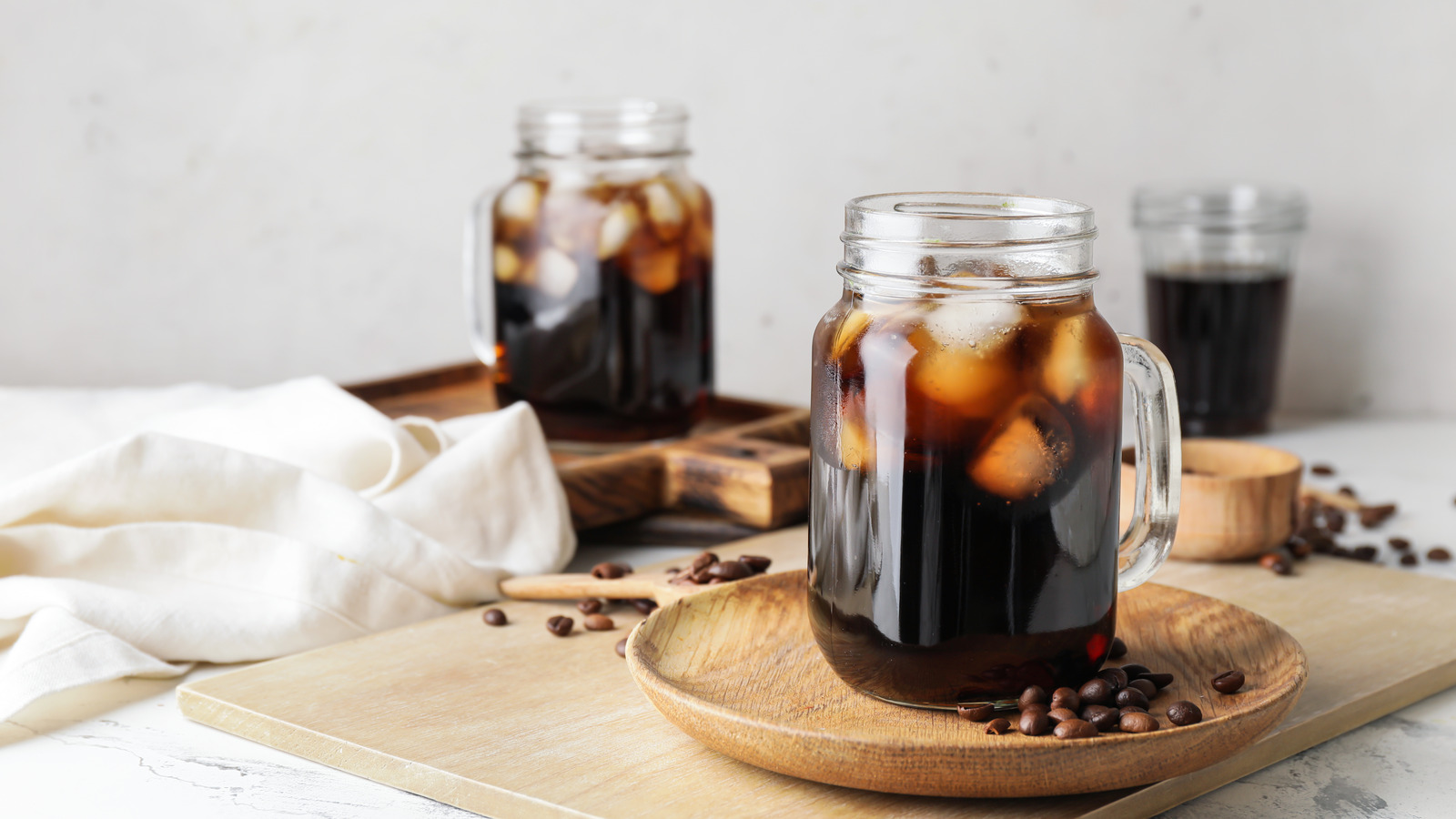

Articles
How Long Does Coffee Last In Freezer
Modified: October 20, 2024
Discover the shelf life of coffee when stored in the freezer. Read informative articles on how long coffee lasts and the best way to preserve its freshness.
(Many of the links in this article redirect to a specific reviewed product. Your purchase of these products through affiliate links helps to generate commission for Storables.com, at no extra cost. Learn more)
Introduction
Coffee is one of the most popular beverages in the world, enjoyed by millions of people each day. For coffee enthusiasts, the quality and freshness of their brew is of utmost importance. While coffee beans are best consumed shortly after roasting, it is not always possible to use them right away. This begs the question: does coffee go bad?
The short answer is yes, coffee can go bad. Like any other organic material, coffee beans and ground coffee can degrade over time. This degradation is primarily due to exposure to air, moisture, light, and heat. As these factors interact with the compounds in coffee, the flavor, aroma, and overall quality of the brew can be negatively affected.
To prolong the shelf life of coffee and maintain its freshness, many people turn to freezing as a storage method. Freezing coffee is a popular practice, but it is important to follow proper guidelines to ensure the best results.
In this article, we will explore the factors that affect the shelf life of coffee, how long coffee can last in the freezer, and the proper techniques for storing and reviving frozen coffee.
Key Takeaways:
- Properly stored whole coffee beans can maintain their freshness in the freezer for up to three months, while ground coffee should be used within one to two months. Label, date, and store in airtight containers for best results.
- Freezing coffee can extend its shelf life, but it’s important to thaw slowly, grind just before brewing, and experiment with different ratios and brewing methods to achieve the best flavor. Enjoy your frozen coffee within a reasonable timeframe for optimal freshness.
Read more: How Long Does Milk Last In The Freezer
Does Coffee Go Bad?
As mentioned earlier, coffee can indeed go bad over time. However, it is important to understand what exactly happens to coffee when it goes bad.
When coffee beans or ground coffee are exposed to air, they undergo a process called oxidation. This process causes the oils and compounds in coffee to gradually break down, leading to a loss of flavor and aroma. The coffee may develop a stale or flat taste, and the vibrant notes that make each coffee unique may become muted or disappear altogether.
Moisture is another enemy of coffee freshness. When coffee is exposed to moisture, either from humidity or improper storage, it can become moldy or develop a rancid smell. This can have a significant negative impact on the taste and safety of the coffee.
Light and heat also play a role in the deterioration of coffee. Exposure to sunlight or excessive heat can speed up the degradation process, causing the coffee to go bad even faster.
It is worth noting that whole coffee beans have a longer shelf life compared to ground coffee. This is because the protective outer layer of the beans acts as a barrier against air and moisture. Once the beans are ground, however, their surface area increases, making them more susceptible to oxidation and degradation.
Ultimately, the freshness and quality of your coffee will depend on various factors, including the roast date, the quality of the beans, and the storage conditions. Proper storage plays a crucial role in maintaining the freshness of coffee, especially if you opt to freeze it.
Freezing Coffee
Freezing coffee is a popular method used to extend its shelf life and preserve its flavor. When done correctly, freezing can help maintain the freshness of coffee for a longer period of time.
Before freezing coffee, it is important to ensure that it is stored in an airtight container. This will help prevent exposure to air, which can lead to oxidation and the degradation of flavors. Additionally, consider dividing your coffee into smaller portions, so that you only thaw what you need each time, minimizing the potential for repeated exposure to air and moisture.
When it comes to freezing coffee, it is generally recommended to freeze whole beans rather than ground coffee. As mentioned earlier, whole beans have a longer shelf life due to their protective outer layer. However, if you prefer to freeze ground coffee, make sure to use an airtight container and try to consume it within a shorter period of time.
It is important to note that freezing coffee can alter its texture. Moisture within the coffee can form ice crystals, potentially leading to changes in the overall structure. However, this does not necessarily mean that the coffee is spoiled or unusable. The flavor and aroma may still be preserved, as long as proper thawing and brewing techniques are employed.
When freezing coffee, it is crucial to avoid temperature fluctuations. These fluctuations can cause moisture to form on the surface of the coffee, leading to a deterioration in quality. To minimize this risk, ensure that your freezer maintains a constant, low temperature.
Lastly, it is important to mention that freezing coffee should be done as a means of preserving freshness, rather than trying to revive old or stale coffee. Freezing will not magically restore the flavor and aroma of old coffee, but it can help preserve the qualities of freshly roasted beans for a longer period of time.
Now that we understand the basics of freezing coffee and its potential benefits, let’s explore the factors that can affect the overall shelf life of coffee in the next section.
Factors Affecting Coffee Shelf Life
Several factors can significantly impact the shelf life and freshness of coffee. Understanding these factors can help you make informed decisions when it comes to storing and preserving your coffee.
1. Air Exposure: Exposure to air is one of the main culprits behind coffee going bad. Oxygen in the air reacts with the compounds in coffee, causing oxidation and degradation of flavors. To minimize air exposure, store your coffee in airtight containers that can effectively seal out oxygen.
2. Moisture: Moisture is another enemy of coffee freshness. It can lead to mold growth, spoilage, and loss of aroma. To keep moisture at bay, store your coffee in a dry environment and avoid exposing it to humidity. Invest in containers with a good seal to prevent moisture from seeping in.
3. Light: Light can accelerate the deterioration of coffee. Exposure to sunlight can cause the coffee to lose its flavor and become stale more quickly. To protect your coffee from light, store it in a dark and cool place, such as a pantry or a cabinet.
4. Heat: Heat is another factor that can affect the shelf life of coffee. High temperatures can accelerate the breakdown of coffee compounds, leading to a loss of flavor and quality. Avoid storing coffee near sources of heat, such as stoves or direct sunlight.
5. Freshness at Time of Purchase: The initial quality and freshness of the coffee when you purchase it also play a role in its overall shelf life. Coffee beans that have been freshly roasted will generally have a longer shelf life compared to beans that have been sitting on the shelf for an extended period. Opt for reputable coffee suppliers that prioritize freshness.
6. Grind Size: The size of the grind can affect the rate of oxidation and degradation. Finely ground coffee will have a larger surface area exposed to air, making it more susceptible to deterioration. Consider grinding your coffee just before brewing to minimize the risk of flavor loss.
By understanding and managing these factors, you can significantly extend the shelf life of your coffee and enjoy a fresher, more flavorful cup every time you brew.
Coffee can last in the freezer for up to 3 months without losing its flavor. To maintain freshness, store it in an airtight container and avoid frequent thawing and refreezing.
How Long Can Coffee Last in the Freezer?
The freezer can be a great tool for extending the shelf life of coffee, but it’s important to know how long coffee can actually last in the freezer before its quality starts to deteriorate.
In general, when stored properly in an airtight container, whole coffee beans can maintain their freshness in the freezer for up to three months. After this time, the flavor and aroma may begin to diminish, and the coffee may not be as vibrant as when it was first frozen. However, it is still safe to consume beyond this timeframe as long as there are no signs of spoilage.
Ground coffee, on the other hand, has a shorter lifespan in the freezer. It is best to use ground coffee within one to two months of freezing. The increased surface area of ground coffee makes it more susceptible to oxidation and quality loss over time.
It’s important to note that these timeframes are general guidelines and can vary depending on various factors, such as the quality of the coffee, storage conditions, and personal preference for flavor. Some individuals may find that their frozen coffee remains satisfactory past the recommended timeframes, while others may notice a decline in quality sooner.
To ensure the best results, it is recommended to label your frozen coffee with the date of freezing and consume it within the suggested timeframes. This will help you keep track of the coffee’s freshness, allowing you to enjoy a satisfying cup of joe each time.
Next, let’s move on to the proper techniques for storing coffee in the freezer to maximize its freshness and flavor.
Read more: How Long Does Lasagna Last In The Freezer
Proper Coffee Storage in the Freezer
Proper storage is crucial when it comes to preserving the freshness and flavor of coffee in the freezer. Follow these tips to ensure your coffee stays in optimal condition:
1. Use an Airtight Container: Invest in airtight containers specifically designed for storing coffee. These containers will help seal out air, moisture, and odors, preserving the flavor and aroma of the coffee. Avoid using containers that allow air to penetrate, as this can lead to oxidation and loss of quality.
2. Divide into Smaller Portions: Consider dividing your coffee into smaller portions before freezing. This will allow you to thaw and use only what you need, minimizing exposure to air each time you open the container. Use freezer-safe bags or containers to store individual portions.
3. Label and Date: Properly label your containers with the type of coffee and the date of freezing. This will help you keep track of the age of your coffee and ensure that you use it within the recommended timeframe. Use waterproof labels or freezer tape to prevent smudging.
4. Store in the Back of the Freezer: Place your coffee containers towards the back of the freezer, away from the door. This will protect them from temperature fluctuations caused by frequent opening and closing of the freezer door.
5. Avoid Repeated Freezing and Thawing: To maintain the best quality, try to avoid repeatedly freezing and thawing the same batch of coffee. Each time coffee is thawed and then refrozen, it can lead to the formation of ice crystals, which can affect the texture and overall quality of the coffee. Instead, divide your coffee into smaller portions and only thaw what you need.
6. Separate Flavored and Non-Flavored Coffees: If you store different types of coffee in the freezer, consider keeping flavored and non-flavored coffees in separate containers. Flavored coffees tend to have stronger aromas, and they can impart their flavors to other coffees if stored together.
By following these storage tips, you can maximize the shelf life of your coffee in the freezer and ensure that you always have a fresh and flavorful brew at your fingertips.
Tips for Reviving Frozen Coffee
If you’ve frozen your coffee and it’s time to bring it back to life, here are some tips to ensure that you get the best flavor and quality:
1. Thaw Slowly and Completely: When you’re ready to use the frozen coffee, take it out of the freezer and allow it to thaw slowly at room temperature. Avoid using heat or the microwave to speed up the thawing process, as this can compromise the flavor and texture of the coffee. Let the coffee thaw completely before brewing.
2. Grind Just Before Brewing: For the best flavor, it is recommended to grind your coffee just before brewing. This is especially important for frozen coffee, as the grinding process releases the coffee’s oils and flavors, ensuring a fresher and more aromatic cup.
3. Experiment with Ratios and Brew Methods: Frozen coffee may have slightly different flavor profiles compared to fresh coffee. As a result, you might need to experiment with different coffee-to-water ratios and brewing methods to achieve the desired taste. Start with the suggested brewing parameters for your chosen method, and then adjust based on your personal preference.
4. Consider Cold Brew: If you find that your frozen coffee doesn’t quite match your expectations as a traditional hot brew, try using it for a cold brew. Cold brew is brewed with cold water over an extended period of time, resulting in a smooth and less acidic flavor. Frozen coffee can be a great option for cold brew, as it can retain its flavor and freshness even after extended freezing.
5. Be Mindful of Shelf Life: Once you’ve thawed and brewed your frozen coffee, keep in mind that it should be consumed within a reasonable timeframe to maintain its freshness. Avoid letting the coffee sit for too long, as it can still oxidize and lose flavor even after being frozen.
Remember, while frozen coffee can be a convenient way to extend the shelf life of your beans, it’s best to freeze coffee that is still relatively fresh. Freezing cannot completely revive old or stale coffee, but it can help preserve the quality of freshly roasted beans for longer periods of time.
With these tips in mind, you can enjoy a delicious cup of coffee even from beans that have spent some time in the freezer.
Conclusion
Coffee can indeed go bad over time, as it is a perishable product that is vulnerable to air exposure, moisture, light, and heat. To preserve the freshness and quality of coffee, many people turn to freezing as a storage method. Proper freezing techniques can extend the shelf life of coffee, allowing you to enjoy a flavorful cup even months after the beans have been roasted.
When freezing coffee, it is important to use airtight containers that can effectively seal out air and moisture. Whole coffee beans, being less susceptible to degradation, can maintain their freshness in the freezer for up to three months. Ground coffee, with its increased surface area, has a shorter lifespan of roughly one to two months. However, these timeframes can vary depending on various factors such as the quality of the coffee and storage conditions.
Proper storage in the freezer involves dividing the coffee into smaller portions, labeling and dating the containers, and storing them in a dark and cool location within the freezer. It is recommended to thaw the coffee slowly and completely at room temperature and grind it just before brewing for optimal flavor. Experimenting with different ratios and brewing methods can help you achieve the perfect cup of coffee with your frozen beans.
While frozen coffee can be a convenient way to enjoy a fresh cup of joe, it is essential to keep in mind that freezing cannot completely revive old or stale coffee. It is best to freeze coffee that is still relatively fresh to preserve its original qualities. Additionally, be mindful of the shelf life of thawed coffee and consume it within a reasonable timeframe to maintain its freshness.
In conclusion, freezing coffee is a viable method for extending its shelf life and preserving its flavor. By following proper storage techniques, thawing methods, and exploring different brewing approaches, you can enjoy a delicious and satisfying cup of coffee from your frozen beans. So, go ahead and make the most out of your frozen coffee, allowing you to savor its rich flavors and aromas for months to come.
Frequently Asked Questions about How Long Does Coffee Last In Freezer
Was this page helpful?
At Storables.com, we guarantee accurate and reliable information. Our content, validated by Expert Board Contributors, is crafted following stringent Editorial Policies. We're committed to providing you with well-researched, expert-backed insights for all your informational needs.
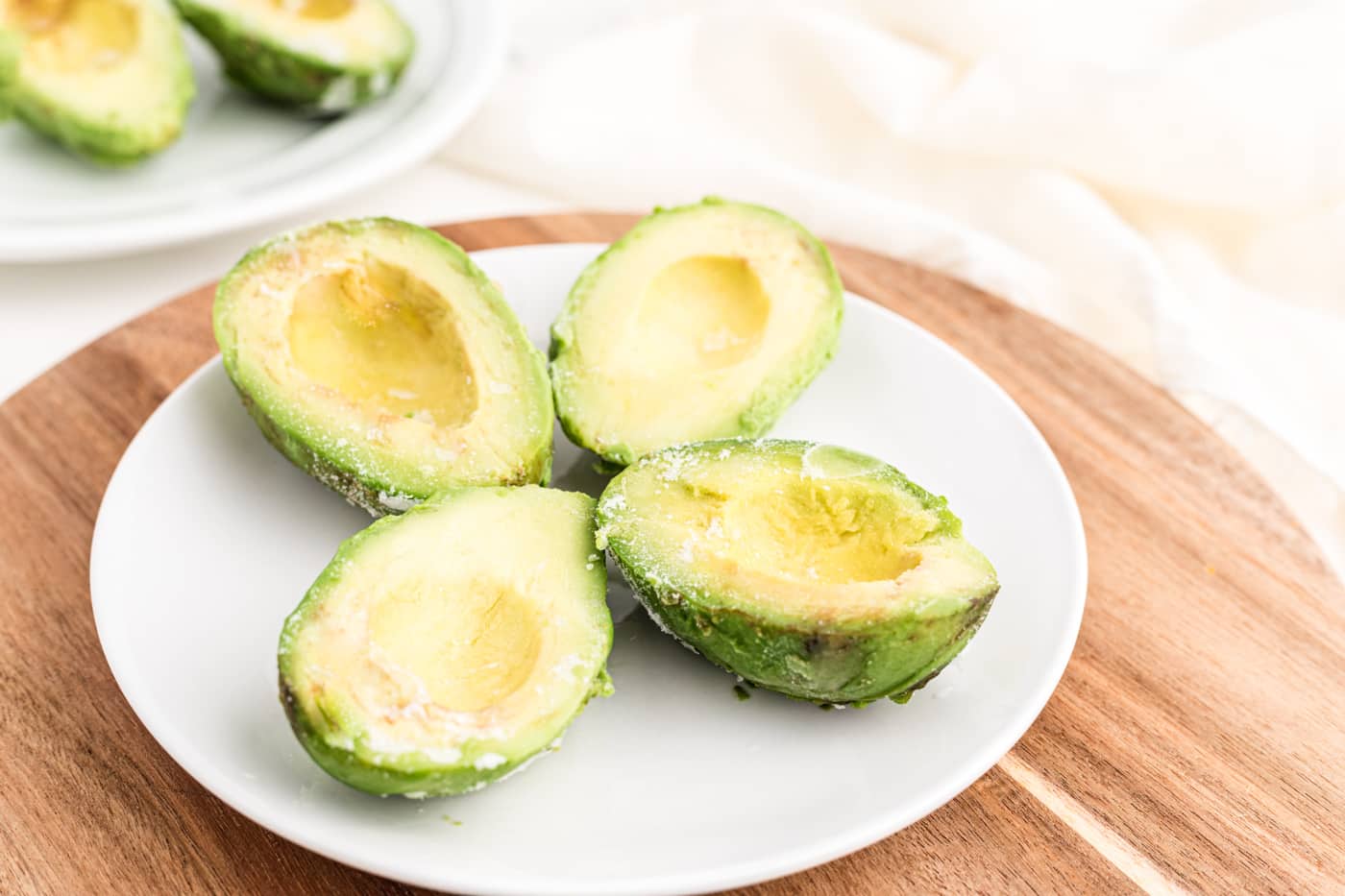
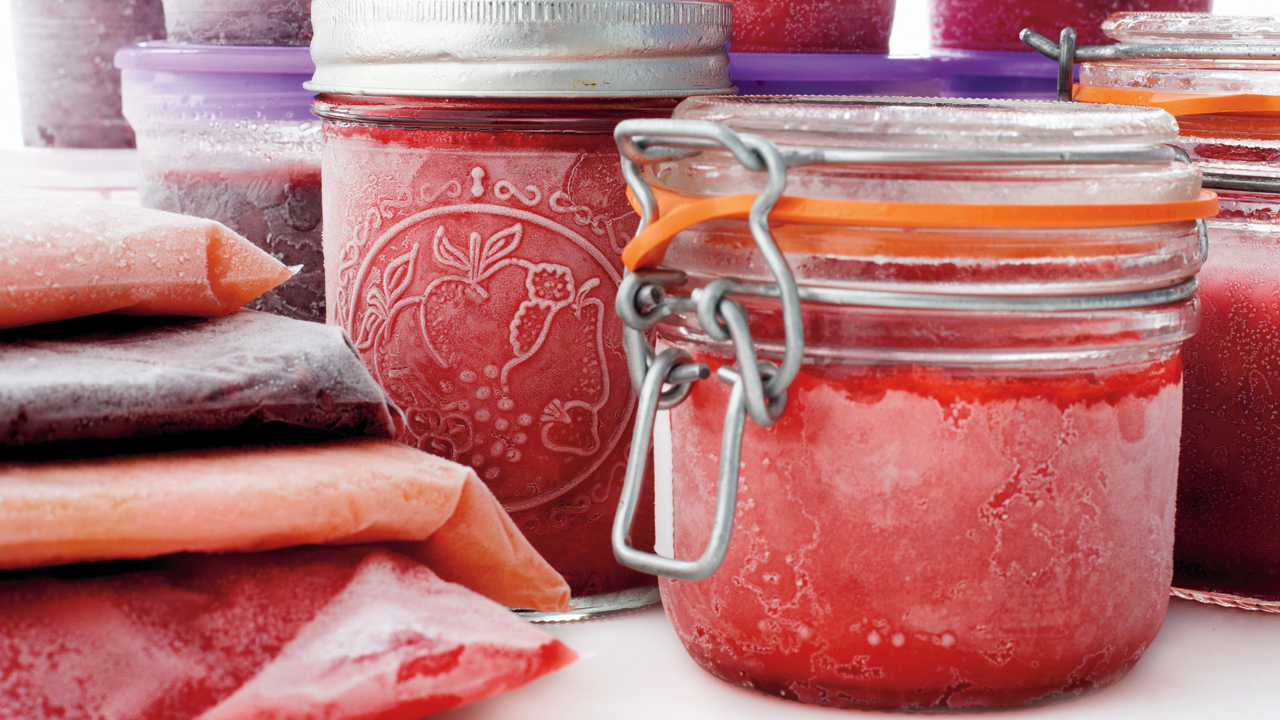
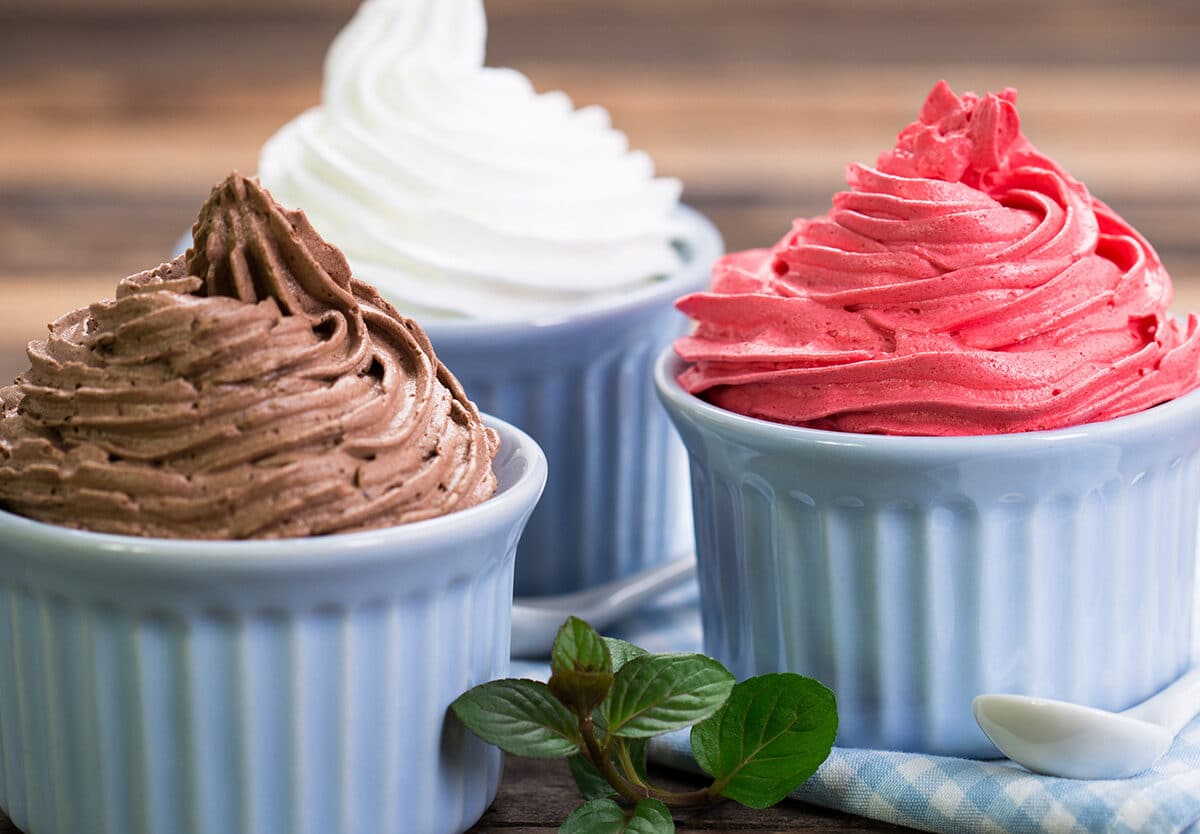


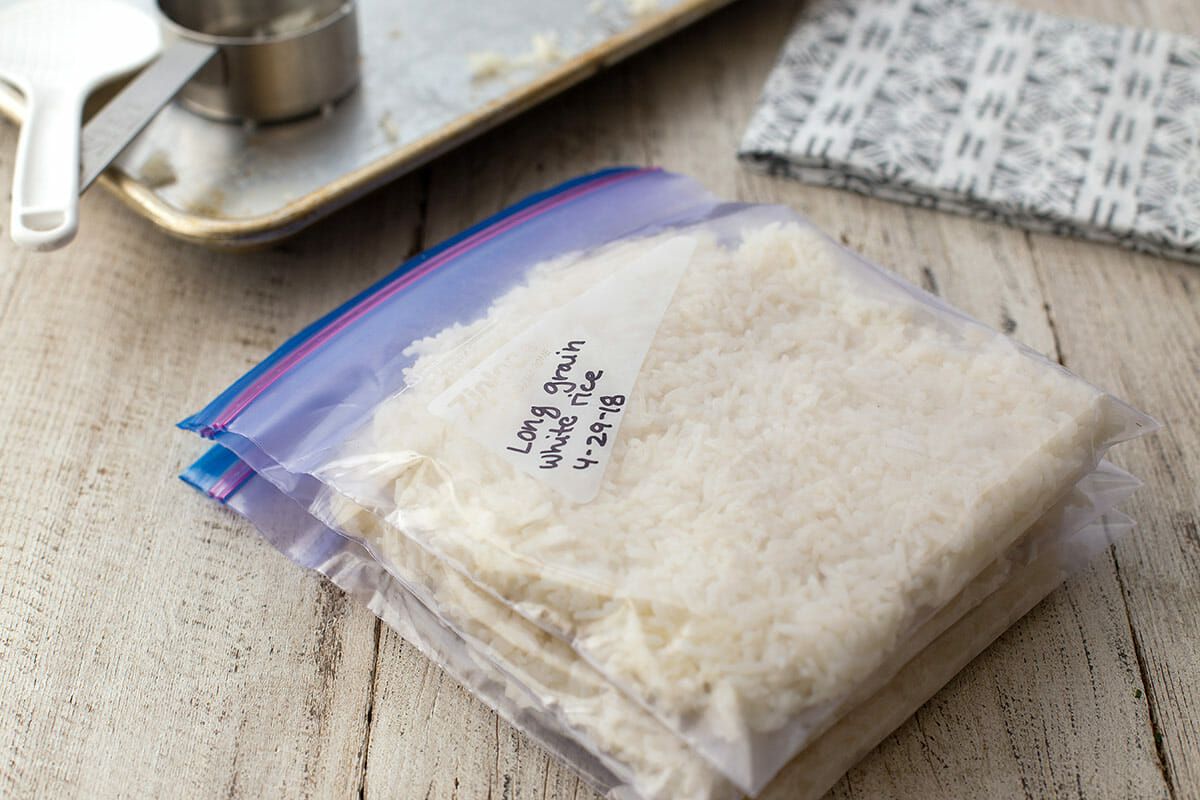
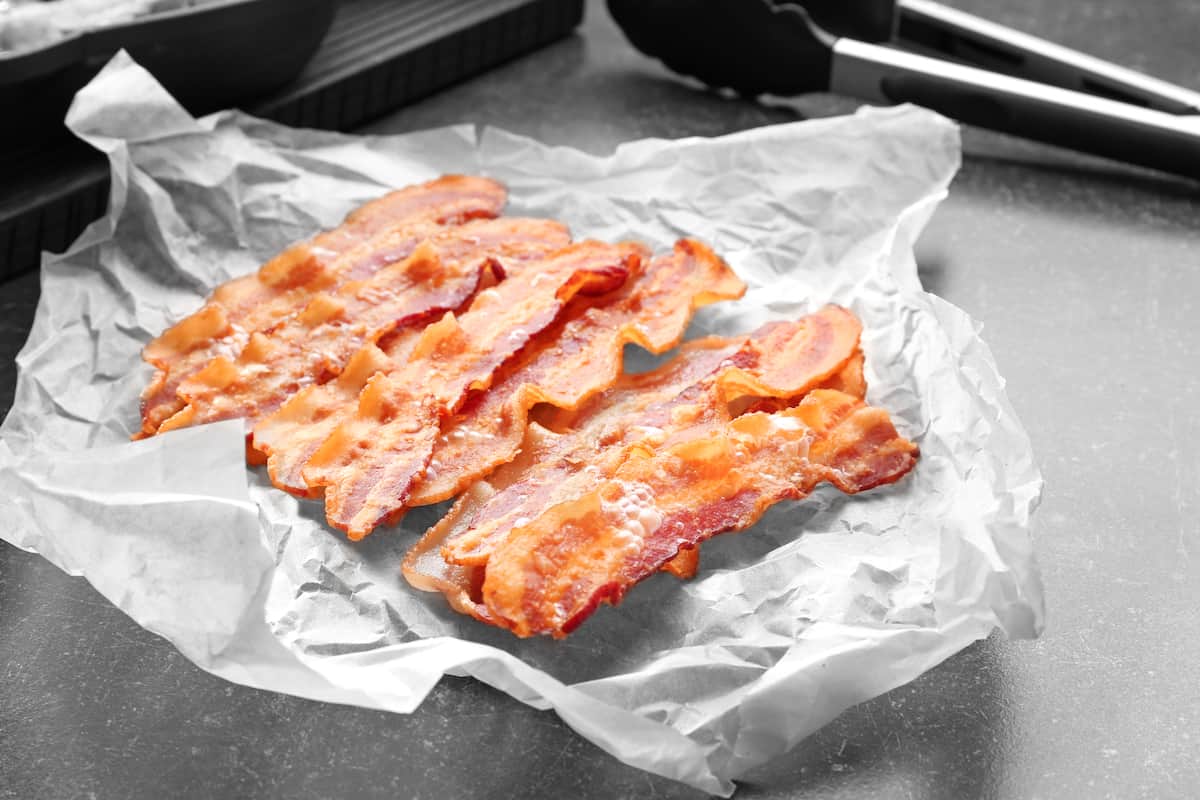
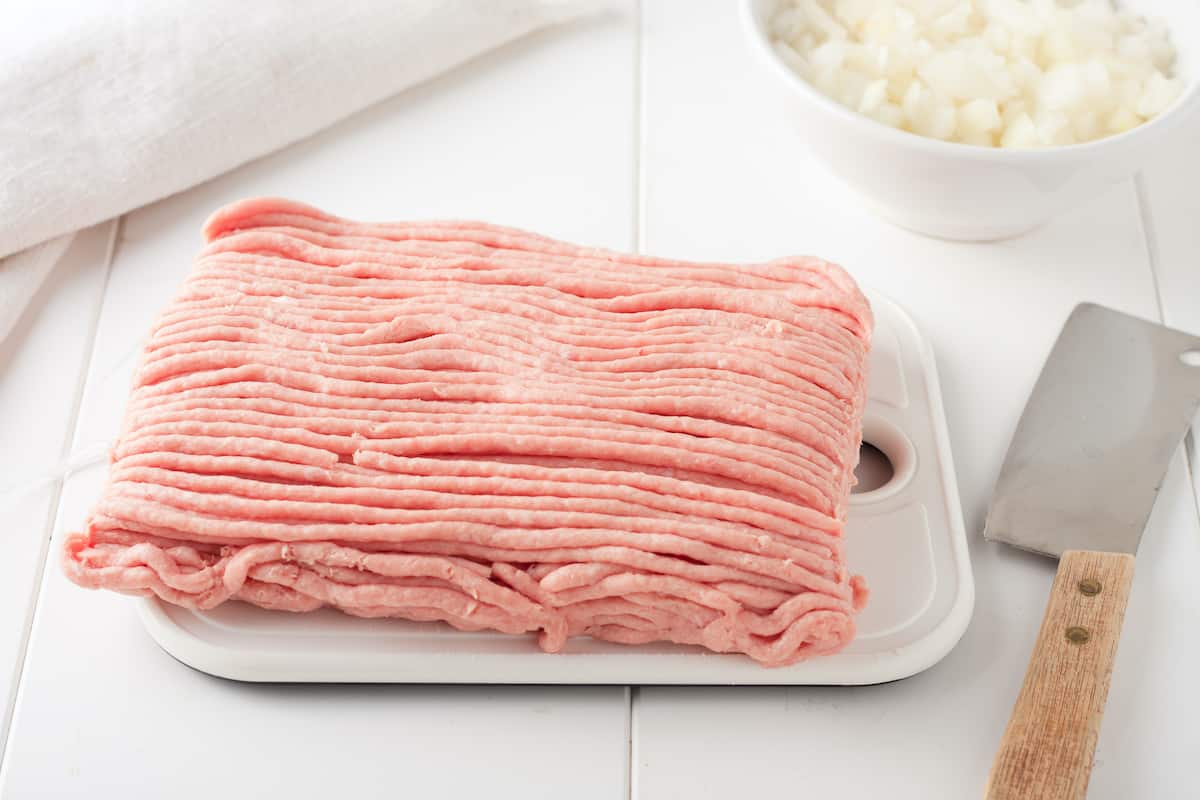
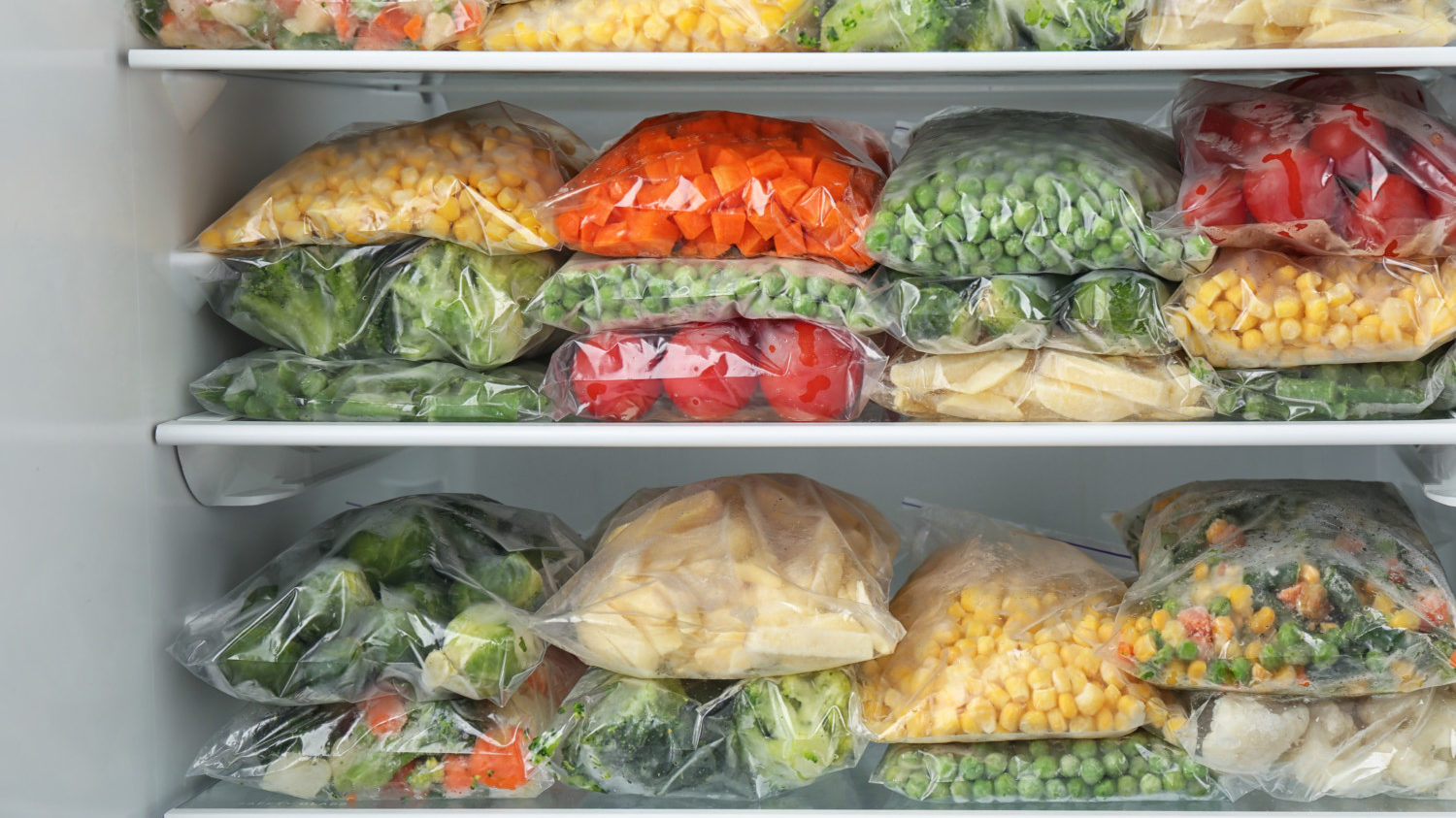
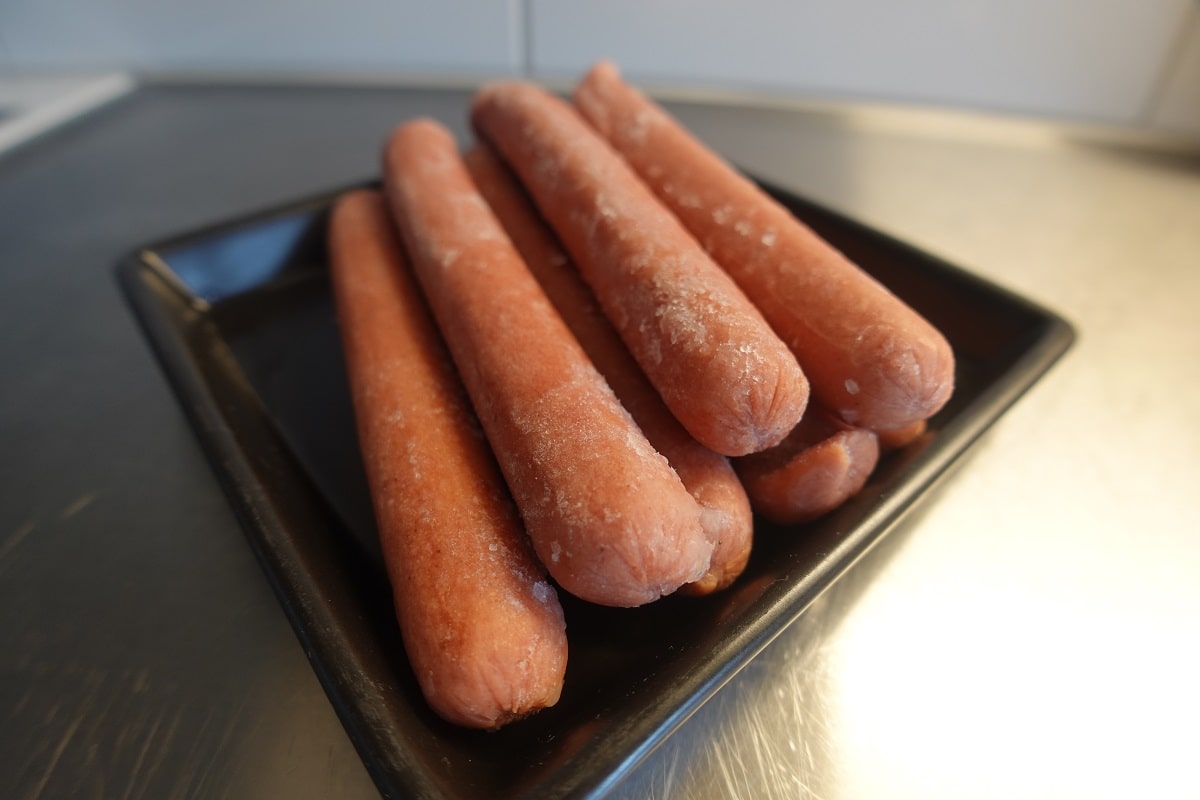
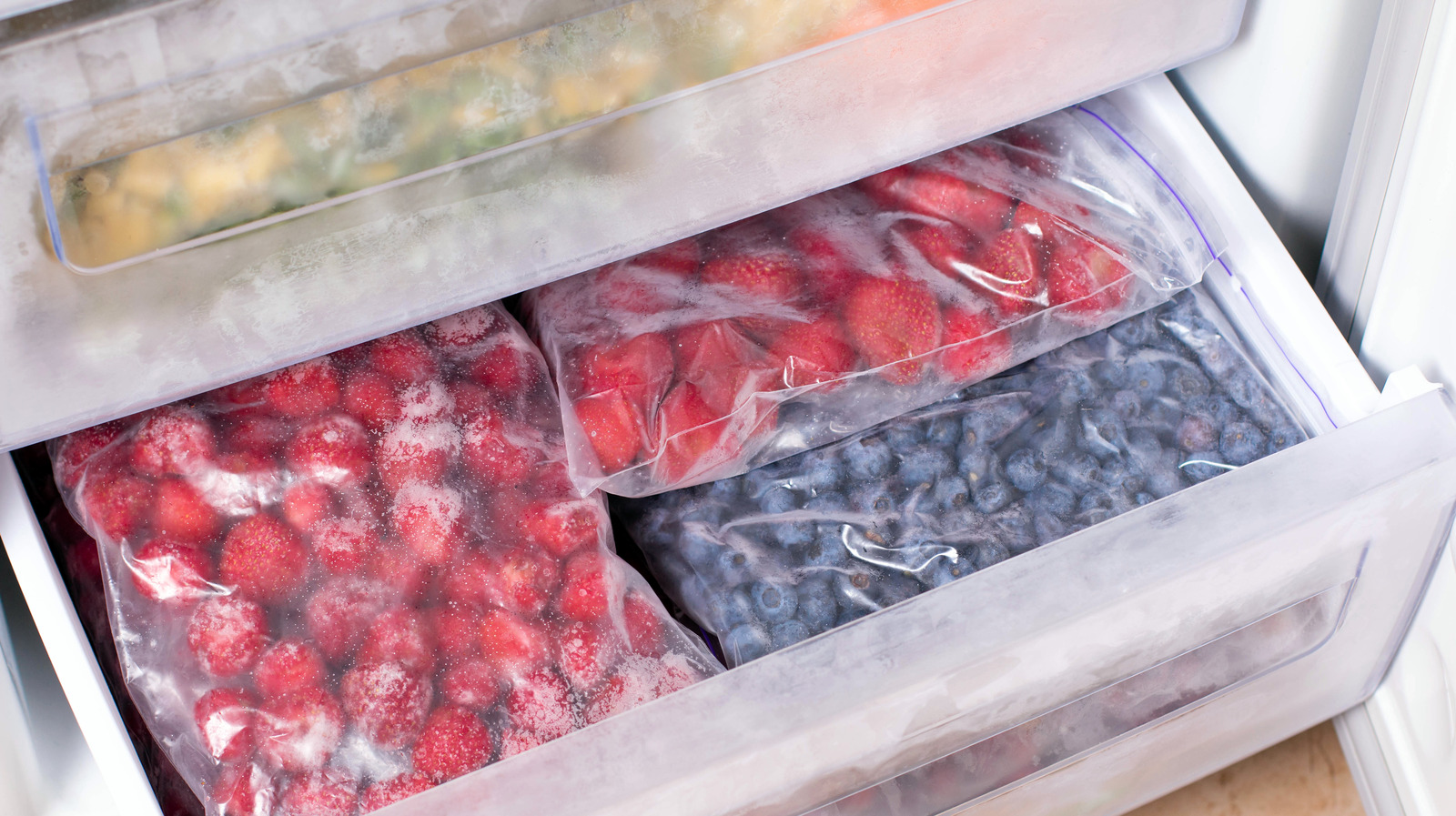
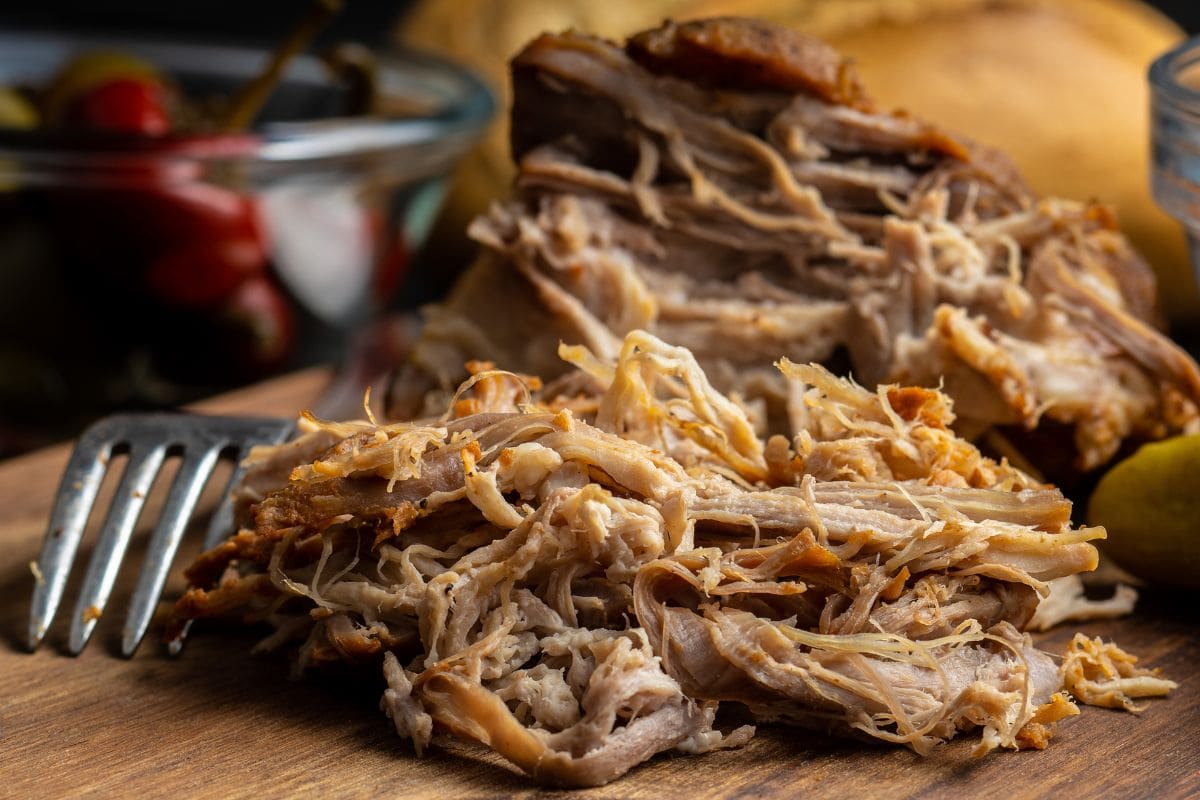
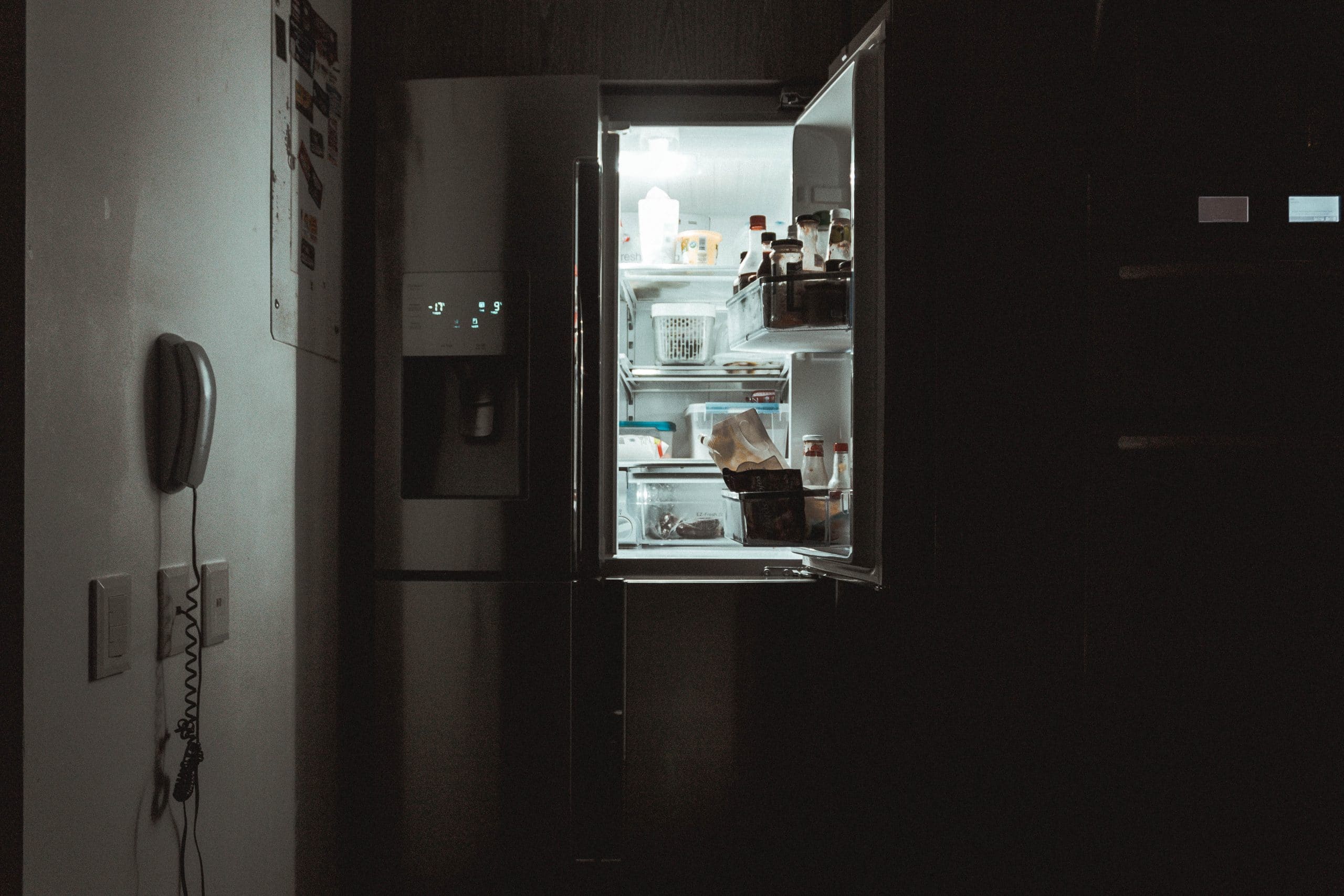
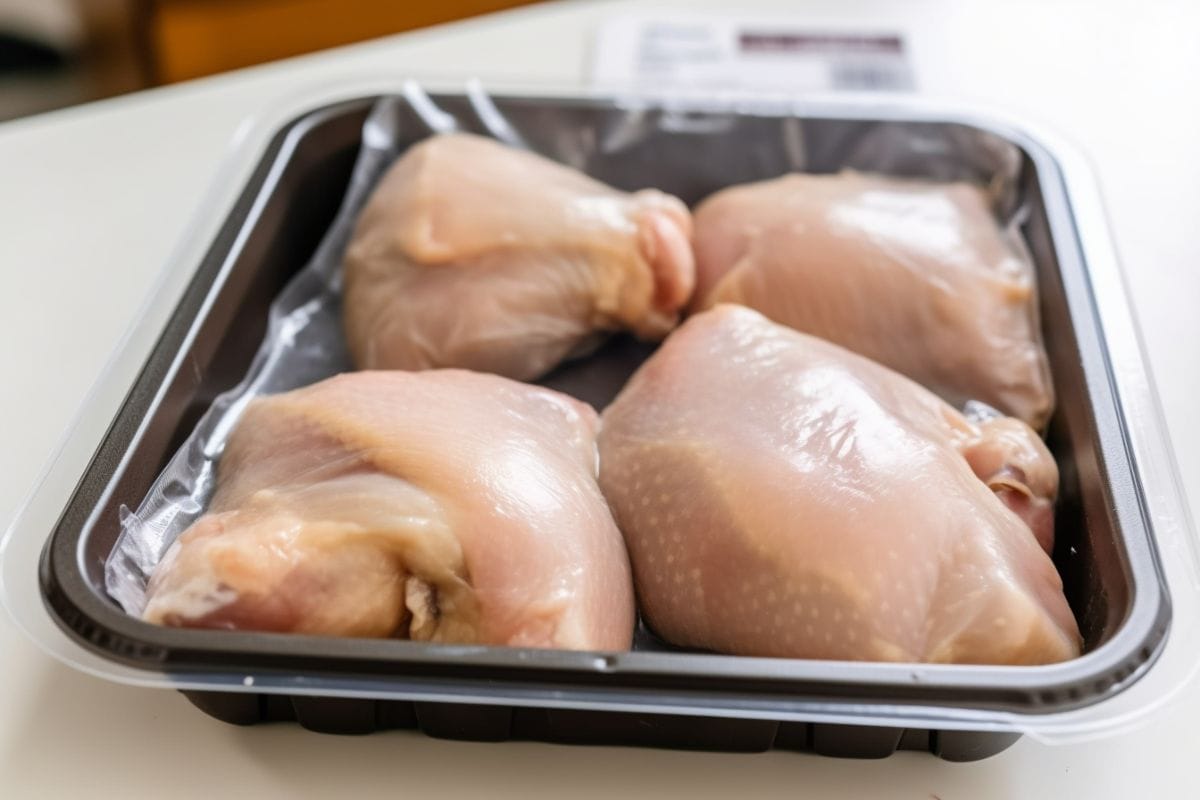

0 thoughts on “How Long Does Coffee Last In Freezer”